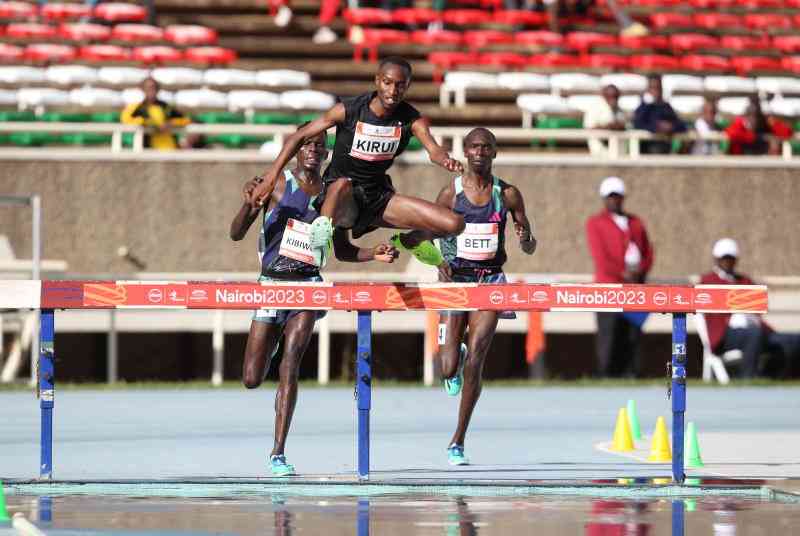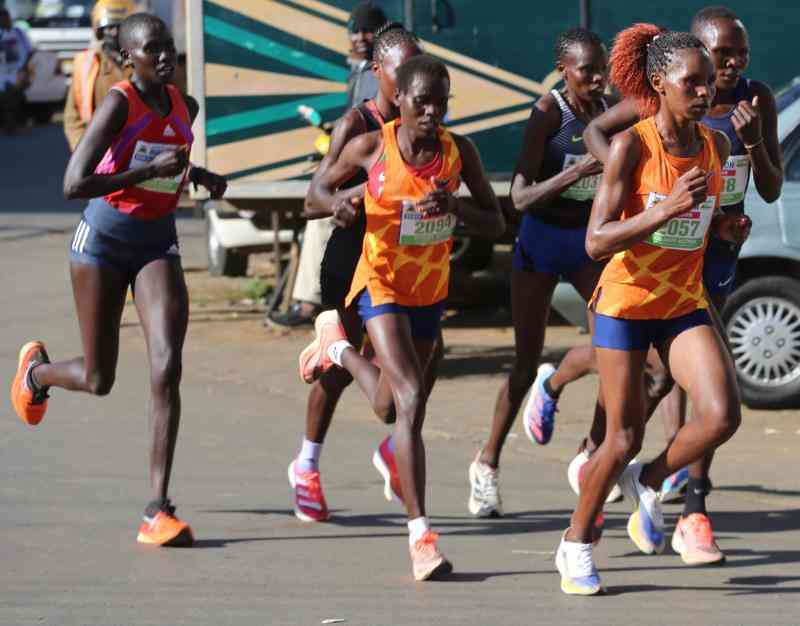NAIROBI: The economic numbers coming out of the Kenyan National Bureau of Statistics (KNBS) added to the holiday season cheer. The economy grew by about 5.8 per cent in the third quarter. The construction sector was the main driver of growth, expanding by 14.1 per cent.
Agriculture was second, growing by just over 7 per cent. Although a significant proportion of the increase in construction is driven by large government infrastructure projects, it is an encouraging signal. Also encouraging is the robust growth in the agricultural sector. Improving on these growth rates should be the priority of the government in 2016. An example of a policy tool that the government could use is a deliberate urbanisation programme.
Back in 2013 I argued that the current devolved system of government has provided us with 47 additional urban centres that can be engines of economic growth throughout the country.
A rationalised urbanisation policy could be a tool for incentivising the aggregation of markets in urban centres as well as improvement of productivity in the agricultural sector.
This is not just theory. It is easier to provide electricity, water and sanitation, schools, and hospitals to people living in towns relative to dispersed rural populations.
It is important to note Kenya is urbanising fast. In the next five years about a third of Kenyans will live in our towns and cities.
The challenge for the government is to plan ahead to ensure that when that happens we will not reproduce the mess that is Nairobi – where 60 percent of Nairobians live in slums.
A deliberate urbanisation policy should therefore be a top priority. Such policy will include plans to provide basic infrastructure for urban dwellers – including housing and schools; as well as the road infrastructure that will link out cities.
As we invest billions of shillings to connect Kenya to the outside market via the Northern Corridor projects we must not forget to cement intra-Kenya connections. Internal trade matters.
It is what will ensure that the gains from external trade are reasonably shared within the country. We should not be investing in purely export-oriented enclave economies that have no synergies with local economic dynamics.
And so in the New Year the key ministries to watch will be Industrialisation, Transport and Infrastructure, and Agriculture. CS Adan Mohamed is a known quantity that has proven himself capable of working above politics. It is my wish that in the New Year he gets more space to do his job, and that he delivers. In my ideal world CS Mohamed’s portfolio would be the most powerful. At Transport is James Macharia, perhaps the best performing cabinet member today. CS Macharia also has the luck of working with the youthful Principal Secretary, Wilson Irungu. I have high expectations that the two will do the best they can to influence the long-term development of Kenya’s transportation and urbanisation infrastructure.
Lastly, at Agriculture we have Willy Bett, the former head of the Kenya Seed Company. The Agriculture Ministry needs an overhaul. We need to rationalise the cooperative system; the fertiliser distribution system; the sugar sector; and the grain market. And on top of all of that we need to invest in improving productivity in the agricultural sector.
This will require a lot more than doing what we have been doing over the last many decades. If Kenyans’ quality of life is to improve we must fix agriculture. There is no way around it. It is my hope that CS Bett fully appreciates the task at hand.
Happy New Year!
 The Standard Group Plc is a multi-media organization with investments in media
platforms spanning newspaper print operations, television, radio broadcasting,
digital and online services. The Standard Group is recognized as a leading
multi-media house in Kenya with a key influence in matters of national and
international interest.
The Standard Group Plc is a multi-media organization with investments in media
platforms spanning newspaper print operations, television, radio broadcasting,
digital and online services. The Standard Group is recognized as a leading
multi-media house in Kenya with a key influence in matters of national and
international interest.
 The Standard Group Plc is a multi-media organization with investments in media
platforms spanning newspaper print operations, television, radio broadcasting,
digital and online services. The Standard Group is recognized as a leading
multi-media house in Kenya with a key influence in matters of national and
international interest.
The Standard Group Plc is a multi-media organization with investments in media
platforms spanning newspaper print operations, television, radio broadcasting,
digital and online services. The Standard Group is recognized as a leading
multi-media house in Kenya with a key influence in matters of national and
international interest.






